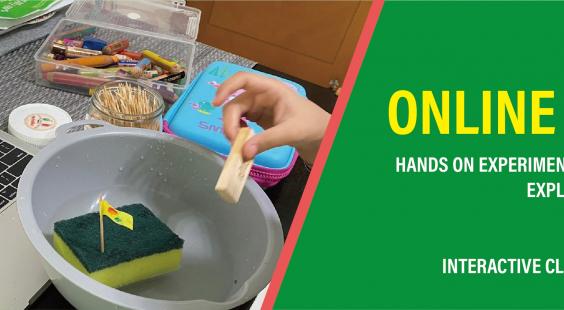
How to get rid of your child’s unmindful habits?
Does your child always seem to be unmindful or careless? No matter how frequent you make reminders in a day, he/she often forget to bring his/her lunchbox, water bottle, pencil case, cardigan, etc., and even lose these stuffs. Worse still, sometimes they missed the teacher's notifications that really makes parents worry! So, how to get rid of these unmindful habits? Here are 3 suggestions for references:
1. Forgot bringing homework to home?!
Over-blaming or ridiculing your child will probably make him/her feel frustrated. No matter what they do, they are just doing the wrong thing, and this will make them prone to fear. In case they are in a panic, they will be more careless and make things worse! You can simply compare the following sayings:
X “This is not the first time! When can I stop keeping reminding you…… and don’t you be afraid of being punished by your teacher?”
O “Hey little kid, your workbook is missing. Does this because you are in a hurry to go home, or do you have to play with your classmates after class, so you ignored the workbook?”
As parents, we can try building the communication linkages in an interesting way with the children first, then help them find the reasons and guide them to pay more attention next time.
2. Focus on "consequences" rather than punishment
If your child loses something that are unnecessary and not ready-to-use, buying a new one immediately may not be a good way to him/her because he/she may think that there will be someone who will remediate the situation. On the other hand, we can teach them to clean up the stuffs by themselves as well as to enhance their sense of responsibility.
3. Prime time for parent-child communication
Creating daily notes, such as making use of watch timing, sticky notes, small notebooks, etc. which are all good tools at your fingertips! In addition, the instructions need to be concise and clear. You may wonder the best daily time to communicate with your child, and the morning time sounds to be more effective; but actually this is the busiest time of each other. It will be quite irritating when you/your child may have many agendas in mind, while each other needs to take care of the “friendly” reminders! Therefore, the best time for parent-child communication is probably 1 hour before sleeping, and you can encourage him/her to be a smart child!

Poor memory? Weak attention and concentration? Learning difficulties?
Schedule PowerBrain Rx's FREE Cognitive Assessment NOW: http://www.powerbrainrx.com/
Here are just a few of the many options available when you search family and health institutions in Whizpa's database, such as Gordon Parenting, Little Acorn Child Development Centre, New Page Learning and Developmental Consultants, Potential Engine Educational & Psychological Consultants, etc. Don’t forget to leave your reviews for other parents’ reference!








